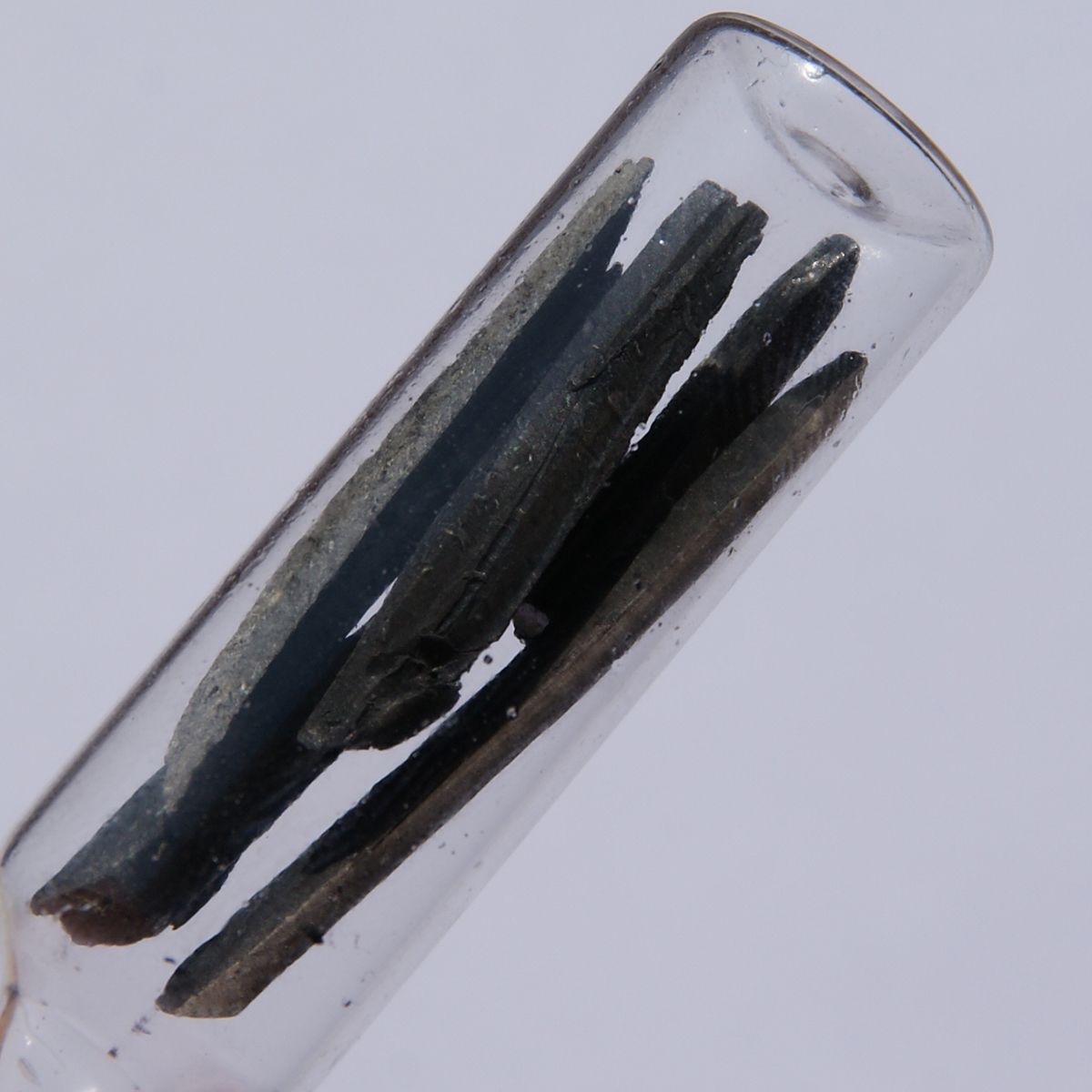
The manic depressive illness otherwise known as the bipolar disorder is a type of behavior where the moods of the person keep changing all the time, from severe high points to severe low points, mania and depression phases. These mood swings can be close to each other or could be hours, days or weeks apart, and often vary in intensity and severity. People in the manic or high phase are always overactive, overstimulated, too talkative and full of energy. They will talk endlessly, with a very short attention span and can get easily excited and irritated. A person in this state can be elated and full of vibrant energy and ideas, but also showing poor judgment concerning practical matters. Depressive states are characterized by the exact opposite states like complete lack of energy and inspiration, all out depression, sleep and eating problems, feelings of worthlessness and guilt, and thought of suicide. If left untreated both of these states can lead to psychotic disturbances.
Lithium has been used so far as the best way to fight this disorder. Lithium works in such a way that it makes these mood swings less noticeable and it evens out the vast difference between the two peeks. It is used as prevention of future episodes and as acute help at times of distress. It takes time to decrease the symptoms, usually between 5 to 14 days, and it may take months to achieve full control of the condition. Alongside lithium, other medications like antidepressants and antipsychotics can also be used as support until lithium begins to work. The lithium treatment takes time and should be kept up to maintain the best possible control over the disorder and achieve long term mental stability. Some patients respond to the treatment sooner and some later, and some do not respond at all, and that is the problem because not all the people with bipolar disorder can be helped.
When the treatment starts, regular blood tests are introduced to check the levels of lithium are checked to ensure that not too much or too little of the medicine is taken, because lithium becomes toxic after a certain point. The levels of lithium are also adjusted individually after taking into account the whole state of the patient. Lithium can also be taken alongside other medications, but with some there are certain side effects involved. This has to be cleared up with the doctor before making a final diagnosis and writing a prescription as everything depends on the patient, the severity of the patient's condition and any possible allergies the patient may have.




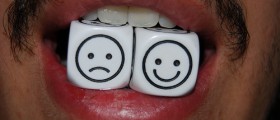



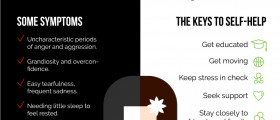



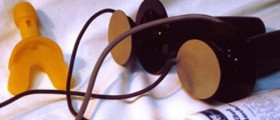


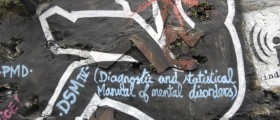

Your thoughts on this
Loading...